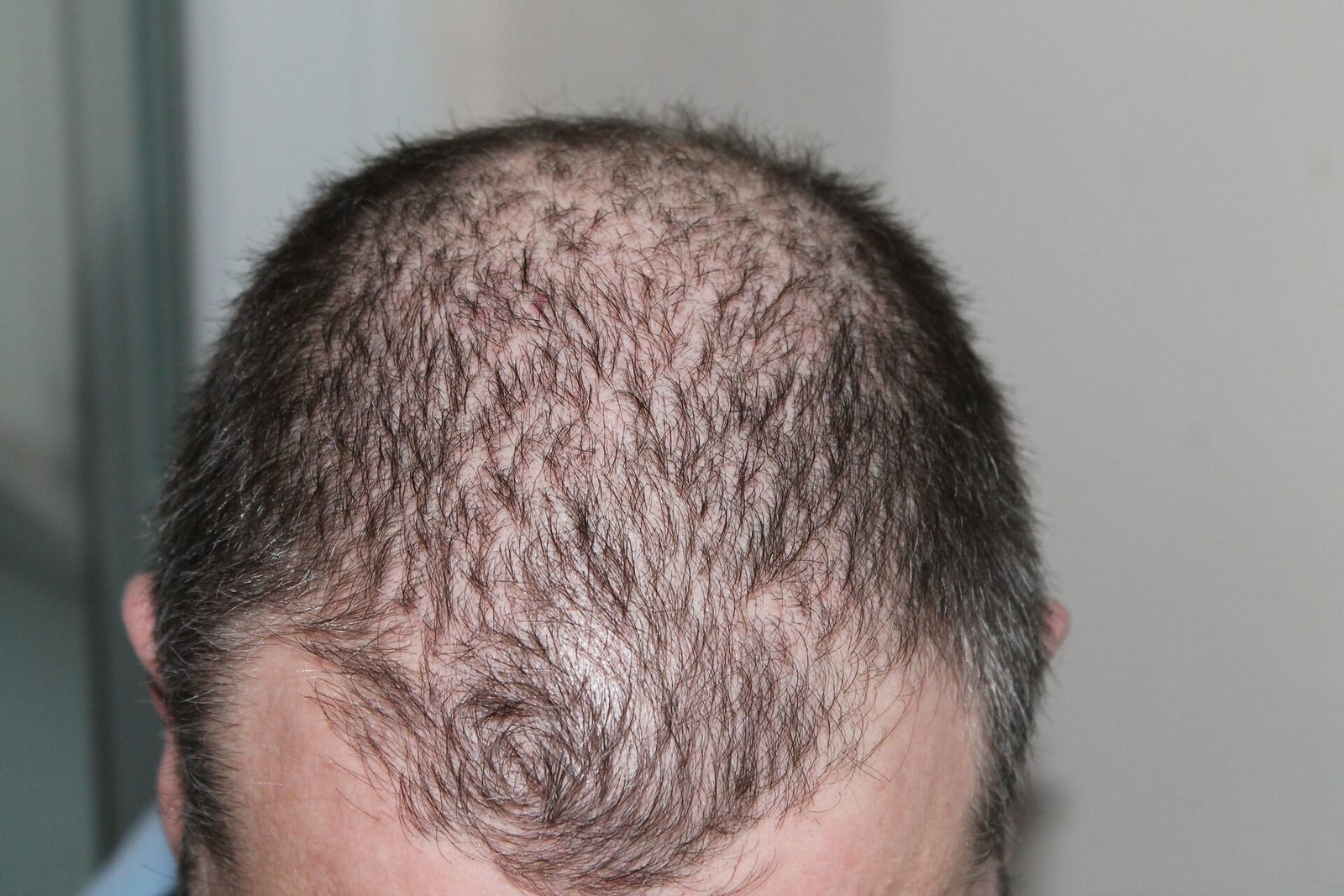Radiation Therapy 6 Causes to consider, Safe or Not?
Overview
Radiation therapy can bring on side effects, like other cancer treatments. Any person will encounter diverse side effects. The side effects depend on the type and region of cancer, the radiation dose, the patient’s general health, and other factors.
If you encounter any side effects, please discuss them with your health concern squad to the extent that they can assist you.
How can radiation therapy bring on side effects?
It destroys cancer cells in large doses. However, it additionally damages healthy cells and tissues close to the treatment area.
It has undergone major advances in recent years that have composed it more precisely. In comparison to the preceding strategies, this treatment has fewer side effects.
There are a few side effects connected with radiation therapy for several people. Sometimes nothing at all. For others, the side effects can be severe.
The effects of radiation therapy frequently start during the first seven days of treatment or moments later. They may additionally endure for numerous weeks following the final treatment’s side effects. Talk to your treatment squad to find out what to expect.
How extensive does it allow for side effects to occur?
Depending on how much radiation you get and when you get it, you may encounter diverse types of side effects. However, the vast majority of the side effects will subside after you have completed the radiation treatment.
Several side effects may restrain your abilities. How you feel will decide what you can do. Radiation therapy lets several patients toil or takes part in leisure activities while they undergo treatment. Several natives require more rest and can’t achieve as much as they used to.
Your doctor may decide to finish your treatments, alter the schedule or vary the type of treatment you’re receiving if the side effects are bothersome and bear on your daily activities or health. If you encounter any side effects, tell your cancer concern squad so they can help you.
Radiation therapy and its early and belated effects
A before-time side effect occurs during treatment or shortly afterward. Over, there is an excellent chance that these side effects will be temporary, mild, and treatable, with the majority of them within a few weeks after treatment.
Among the vast majority of current before-time side effects are tire and skin changes. When it is delivered to the esophagus, other before-time side effects, for example, hair loss or mouth problems, tend to occur.
Late side effects may take months or years to manifest. Side effects may appear anywhere in the body. The dose and the location of treatment decide the risk of side effects. Planning can reduce this risk. If you’re concerned about long-term side effects, talk to your radiation oncologist.
The Side Effects
1. Sexual and Fertility Disadvantages

Radiation therapy to the pelvis can affect your aptitude to conceive a child and your sex drive. To learn what your treatment will do to your fertility before treatment begins, talk to your doctor or family before doing it.
Radiation therapy can harm a baby if a woman tries to become pregnant during it. The treatment may also end periods and bring on symptoms of menopause.
The number of sperm and the quality cause radiation to the testes in men. Despite this, you may still be skilled at adding a child.
Women who get pelvic treatment may encounter tenderness during sex and may have scarring that reduces the aptitude of the vagina to stretch. Erections can be caused by radiation in men due to their effects on nerves and blood vessels. You can get assistance from your doctor to know what to expect and how to deal with it.
A cancer patient’s interest in sex naturally decreases during treatment. However, it generally comes back after the treatment is over. You can talk openly with your partner about ways to remain close. Be sure to hear your partner’s concerns as well.
2. Changes to the skin

Radiation therapy can cause dryness, itching, blisters, or peeling for several people. After radiation therapy ends, skin changes generally disappear.
The treatment method may require change if severe skin irritation occurs. You may be qualified to use lotion to assist with skin changes, but be sure to ask your nurse which cream they recommend and how frequently you have used it. Try not to expose sunlight to impacted areas of skin.
3. Fatigue

Fatigue is a feeling of tiredness on a physical, mental, and emotional level. Radiation therapy frequently results in the inhabitants of this side being set aside for those with cancer. Radiation therapy typically causes tiredness within a few weeks. As treatment continues, the tire generally worsens.
4. Hair Loss

Hair can be slender or fall out during radiation therapy. Hair loss on the head may occur as a result of radiotherapy to the head (including brows and lashes), but hair loss on the hip will not occur.
Residents notice that their hair grows back after treatment, but they are dealing with hair loss. When it does mature back, you will notice that it is thicker. You may notice that your hair is thinner or has a diverse texture.
The scalp may be tender if you lose your hair, and you may want to mask the area. If you’re in the sun, you have to wear a hat or scarf. If you prefer wearing a hairpiece or wig, make sure the lining doesn’t annoy your scalp.
5. Nausea

It’s possible to become nauseous or vomit after radiation to the head, neck, or digestive tract. Let your physician know if that occurs. It will make you feel better.
6. Diarrhea

As a result of radiation therapy to the belly, you may experience diarrhea for a few weeks after the treatment begins. The doctor may prescribe medication for diarrhea management.
How to manage radiation therapy’s side effects

Radiation therapy has a diverse set of benefits for everyone. You have to ask your healthcare provider about possible side effects before beginning your treatment.




